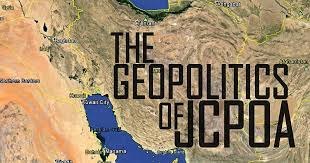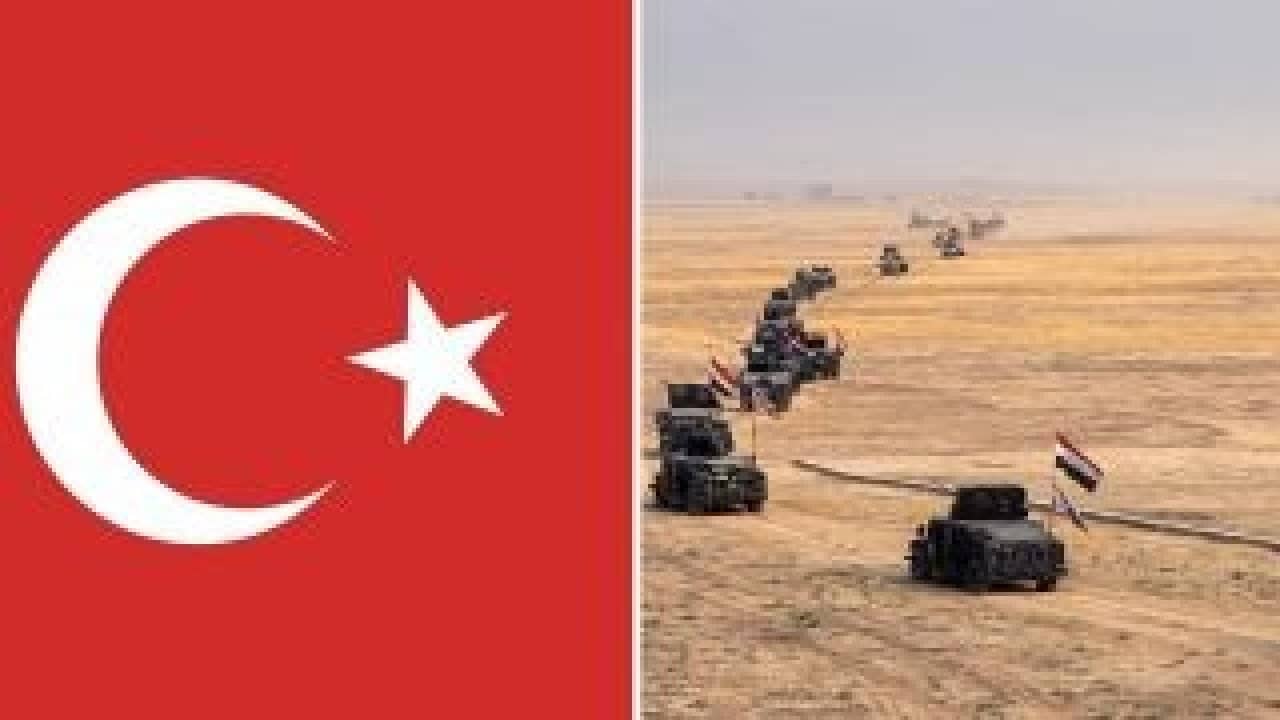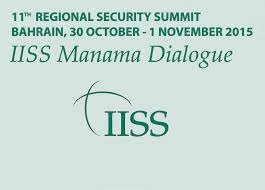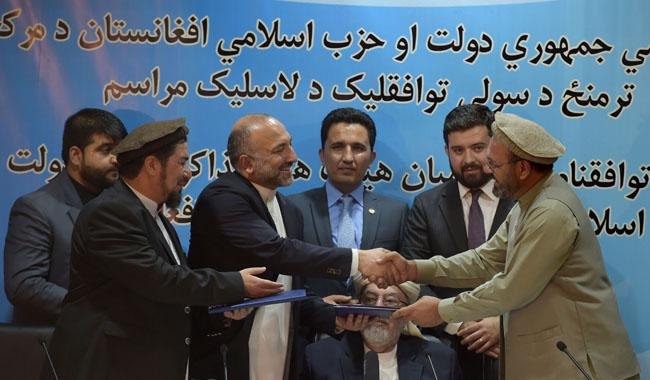The US Regional Policy after JCPOA

Monirsadat Mirnezami
Washington Institute for Near East Policy has offered two analyses on the subject of United States policy toward Iran after JCPOA the foundation of both is based on the weaknesses of JCPOA and the need to deal with Iran’s regional policy as the main source of threat.
Both analyses believe that JCPOA confirms Iran’s position as nuclear capable state and will not pose an obstacle on Iran to achieve the ability to produce missiles, weapons and fuel needed for nuclear weapons.
Analysts argue that JCPOA is weak because it doesn’t deal with the issue of missile and Iran’s support for terrorism and its destabilizing actions. Other weaknesses of JCPOA according to their argumentation are lifting economic sanctions, realizing tens of billions of dollars of Iran’s blocked money as well as the fact that Iran passes its cold diplomatic era.
They believe that despite the fact that JCPOA helps alleviate some of these issues, but trying to put Iran’s policy in the right direction would not be possible just with the help of JCPOA.
Both analyses suggest that instead of in isolation, the Iranian policy must be addressed in accordance with the policies of the United States.
Both analyses argue that facing with Iran should be placed at the heart of US policy on the Middle East and it seems that they differ only in details.
The group of Iranian studies of Washington Institute for Near East Policy pays attention to three basic points in connection with the JCPOA:
First, it is wrong to think that Iran is currently satisfied with its obligations under JCPOA.
The International Atomic Energy Agency confirmation on Iran’s activities does not mean that all the processes and mechanisms to ensure the proper functioning of the monitoring and verification regime is under the framework of the JCPOA.
Even with the separation of Iran’s nuclear program from other issues, a decisive strategy is needed to be adopted in the region to strengthen the JPOA and the United States should welcome any deal that lead to a greater oversight on Iran and support its traditional friends and allies.
One of the proposed alternatives mentioned by the group of Iranian studies is that instead of America’s alliance with Iran against the ISIS, a safe zone in Syria would be created which means that the anti-ISIS Syrian opposition groups be strengthened so that the ground would be provided for the defeat and withdrawal of Asad-Iran-Russia coalition.





